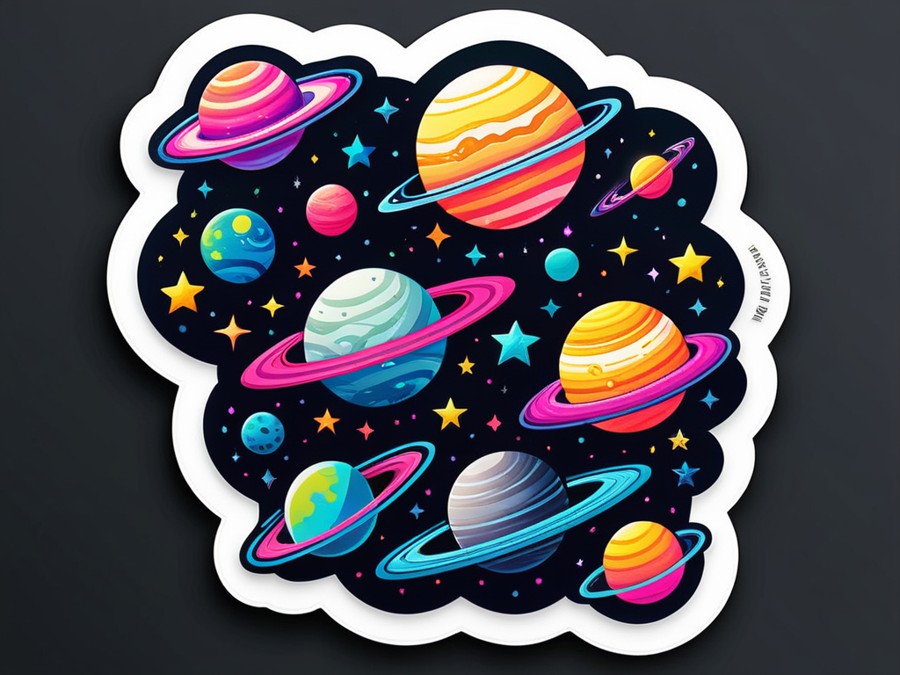· Charlotte Will · Camera Lenses · 6 min read
What is the Best Canon Lens for Beginners?
Discover the best Canon lens for beginners in photography. Learn about aperture, focal length, and key features to consider when choosing your first lens. Find top recommendations for DSLR and mirrorless cameras, plus expert tips to enhance your photography journey.

Embarking on your photography journey can be both exciting and overwhelming. With so many lenses to choose from, selecting the best Canon lens for beginners can be a challenge. Don’t worry—I’ve got you covered. Let’s dive into the world of lenses and find the perfect companion for your camera.
Understanding Your Camera Body
DSLR vs. Mirrorless: What’s Best for Beginners?
Before we delve into the lenses, it’s crucial to understand the type of camera you have. Are you shooting with a DSLR (Digital Single-Lens Reflex) or a mirrorless camera? Both have their pros and cons.
DSLR Cameras:
- Pros: Generally more affordable, wider range of lenses available, better battery life.
- Cons: Heavier and bulkier, slower autofocus compared to mirrorless cameras.
Mirrorless Cameras:
- Pros: Lighter and more compact, faster autofocus, better video capabilities.
- Cons: Often more expensive, shorter battery life.
For beginners, both DSLR and mirrorless cameras have their advantages. If you’re looking for a budget-friendly option with plenty of lens choices, DSLRs might be your best bet. On the other hand, if you want something lightweight and modern with excellent autofocus, mirrorless cameras are the way to go.
The Basics of Lenses for Beginners
Aperture: What is it and Why Does It Matter?
Aperture controls the amount of light that reaches your camera’s sensor. It’s expressed in f-stops, and the lower the number (e.g., f/1.8), the wider the aperture, letting in more light. A larger aperture also creates a shallower depth of field, which is great for portraits where you want the background to be blurry.
Focal Length: Short, Medium, or Long?
Focal length determines the field of view and how much of the scene is captured. It’s measured in millimeters (mm).
- Wide-angle lenses (24mm and below) are perfect for landscapes, architecture, and street photography.
- Standard lenses (35-70mm) are versatile and great for everyday use.
- Telephoto lenses (85mm and above) are ideal for portraits, sports, and wildlife photography.
The Best Beginner Canon Lenses for Different Situations
Portrait Photography: The Perfect Lens for Capturing Faces
When it comes to portraits, the 50mm focal length is a classic choice. It provides a natural perspective that’s similar to the human eye. The Canon EF 50mm f/1.8 STM is a budget-friendly option that delivers fantastic image quality.
For more versatility, consider a zoom lens like the Canon EF-S 18-55mm f/3.5-5.6 IS STM, which offers a range of focal lengths but may not have the same level of image quality as a prime lens.
Landscape Photography: Seeing the World in a New Light
Landscapes benefit from wide-angle lenses that capture expansive views. The Canon EF-S 24mm f/2.8 STM is an affordable option that offers excellent image quality and sharpness.
For those who want a zoom lens with a wider range, the Canon EF-S 18-55mm f/3.5-5.6 IS STM is a solid choice that can handle various scenarios, though it might not match the sharpness of a prime lens.
Everyday Use: Versatile Lenses for All Occasions
If you’re looking for a lens that can do it all, consider the Canon EF-S 18-135mm f/3.5-5.6 IS USM. This versatile lens covers a wide range of focal lengths, making it perfect for everyday use.
For those who prefer prime lenses, the Canon EF 35mm f/2 IS USM offers fantastic image quality and a wide field of view, making it great for street photography and everyday shots.
Types of Canon Lenses: EF, RF, and Beyond
EF Lenses: Classic and Compatible
EF lenses are designed for DSLR cameras. They offer a wide range of choices and have been around for decades, ensuring compatibility with many Canon cameras. The Canon EF 50mm f/1.8 STM is a classic example of an affordable and high-quality EF lens.
RF Lenses: Mirrorless Precision
RF lenses are the modern counterparts, designed specifically for Canon’s mirrorless cameras. They often feature faster autofocus and better image stabilization. The Canon RF 35mm f/1.8 MACRO IS STM is a great example of an affordable RF lens that offers excellent performance.
Key Features to Look For in a Beginner Lens
Image Stabilization: Keeping Things Sharp
Image stabilization helps reduce camera shake, ensuring your photos are sharp. This feature is particularly useful for slower shutter speeds and low-light conditions. Lenses with image stabilization are marked with “IS” in their names, like the Canon EF-S 18-55mm f/3.5-5.6 IS STM.
Autofocus: Locking Onto Your Subject
Fast and accurate autofocus is crucial for capturing fleeting moments. Lenses with the “STM” designation, like the Canon EF-S 24mm f/2.8 STM, use a stepping motor that provides smooth and quiet autofocus, making them great for both photos and videos.
How to Choose Your First Canon Lens
Considerations for Beginners
- Budget: Determine what you can reasonably spend. Entry-level lenses can cost anywhere from $100 to $500.
- Camera body compatibility: Ensure the lens is compatible with your camera body. EF lenses are for DSLRs, while RF lenses are for mirrorless cameras.
- Purpose: Consider what you’ll be photographing most often—portraits, landscapes, or everyday scenes.
Research and Reviews
Before making a purchase, read reviews and compare different lenses. Websites like What is the Best Canon Lens for Beginners? offer comprehensive guides that can help you make an informed decision.
Top Recommendations: Best Beginner Canon Lenses in 2023
DSLR Cameras: Best EF Lenses for New Photographers
Canon EF 50mm f/1.8 STM
- Affordable: Priced around $125, this lens offers excellent value for money.
- Image Quality: Delivers sharp images with a beautiful bokeh effect.
- Versatility: Great for portraits, landscapes, and everyday use.
Canon EF-S 24mm f/2.8 STM
- Lightweight and Compact: Perfect for travel and street photography.
- Sharpness: Offers exceptional image quality for its price point.
- Wide Field of View: Ideal for landscapes and architecture.
Canon EF-S 18-55mm f/3.5-5.6 IS STM
- Versatile Zoom: Covers a range of focal lengths for various scenes.
- Image Stabilization: Helps reduce camera shake, resulting in sharper images.
Mirrorless Cameras: Best RF Lenses for Newbies
Canon RF 35mm f/1.8 MACRO IS STM
- Macro Capabilities: Allows for close-up photography with excellent detail.
- Image Stabilization: Ensures sharp images even in low light.
- Compact Design: Perfect for mirrorless cameras, offering a great balance of size and performance.
Canon RF 24-105mm f/4-7.1 IS STM
- Wide Range: Covers a variety of focal lengths, making it versatile for different scenes.
- Image Stabilization: Helps reduce camera shake, ensuring sharper images.
- Affordable: Priced competitively for a high-quality zoom lens.
Canon RF 24-240mm f/4-6.3 IS USM
- Ultra-Wide Zoom: Offers a massive range of focal lengths for all situations.
- Image Stabilization: Ensures sharp images even at longer focal lengths.
- Great for Travel: With its wide range, it’s perfect for capturing a variety of subjects on the go.
Conclusion: Your Journey into Photography
Choosing your first Canon lens is an exciting step in your photography journey. Whether you’re into portraits, landscapes, or everyday photography, there’s a lens out there that fits your needs and budget. Don’t be afraid to experiment and have fun with it! Remember, the best way to improve is by practicing regularly.
FAQs
Frequently Asked Questions About Beginner Canon Lenses
- What is the difference between EF and RF lenses?
- EF lenses are designed for DSLR cameras, while RF lenses are meant for mirrorless cameras.
- Can I use an EF lens on a mirrorless camera?
- Yes, with the right adapter, but performance may vary.
- What is a good budget for a beginner lens?
- Generally, $100-$300 can get you a solid beginner lens.
- Should I prioritize zoom or prime lenses for my first camera?
- It depends on your needs. Zooms are versatile, while primes often offer better image quality.
- Are Canon lenses compatible with other camera brands?
- No, Canon lenses are designed specifically for Canon cameras and may not work with other brands.




